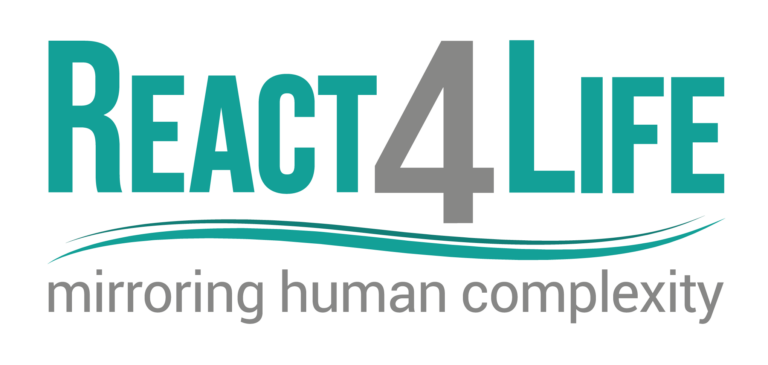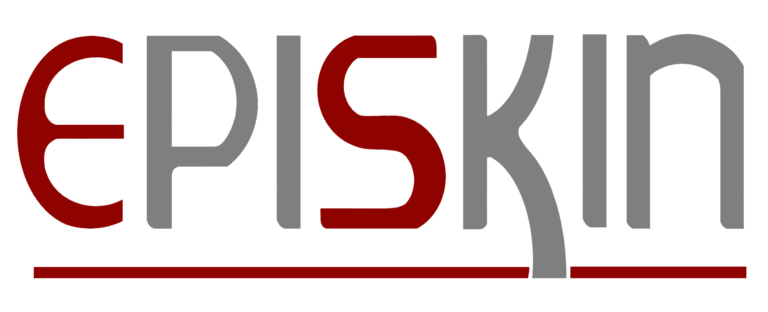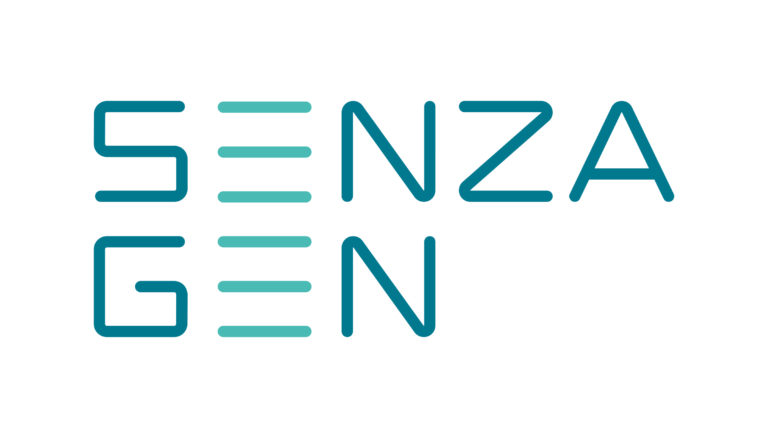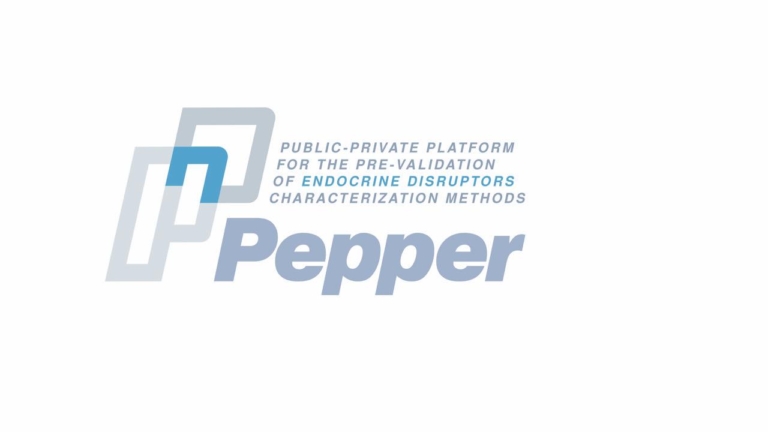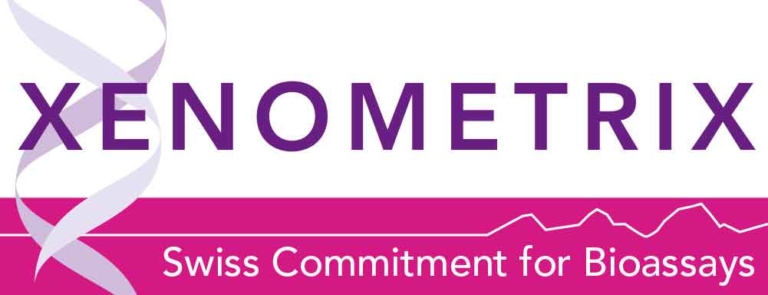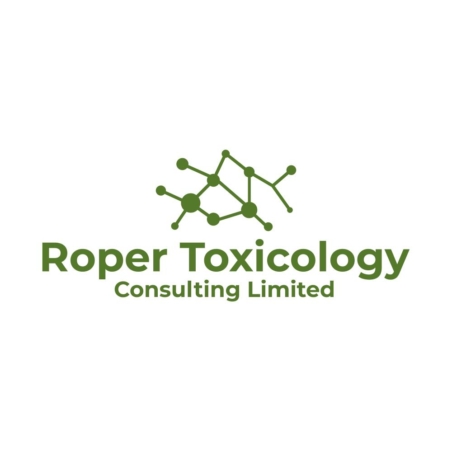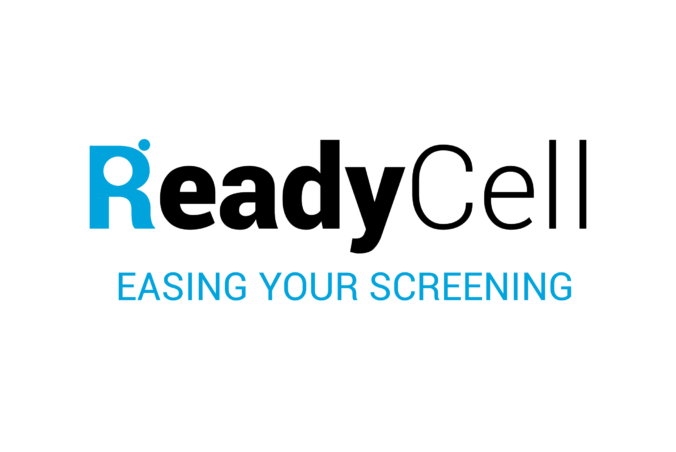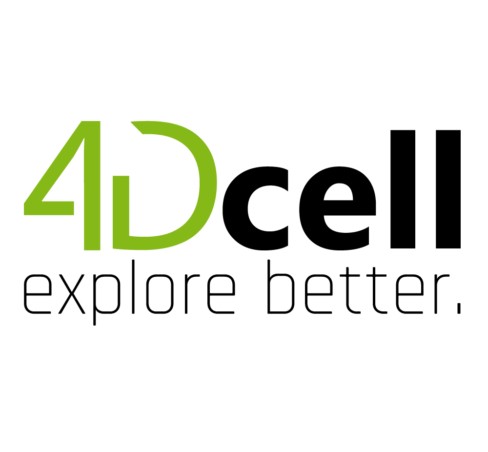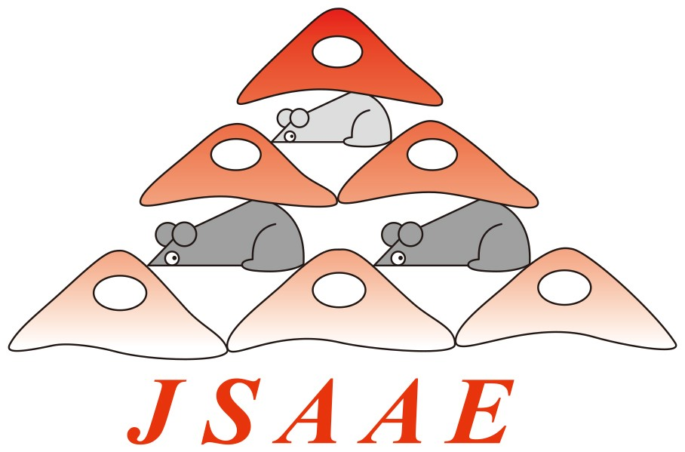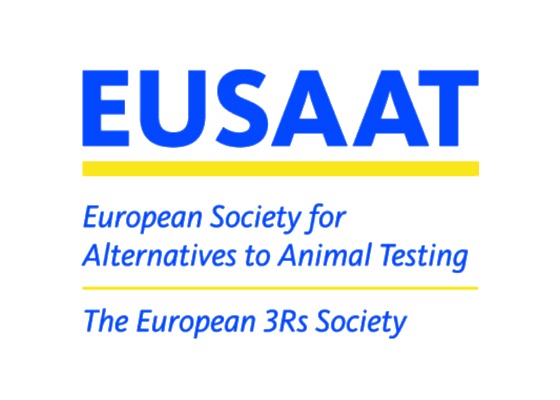Bridging toxicology and research: COVID-19 initiatives
Registration for this event is now open: https://us06web.zoom.us/webinar/register/WN_pYCeM0ULQ-S39J4X1GSBPw
Wednesday, 21 July, 2021
10:00 – 11:30 EDT / 16:00 – 17:30 CET
Presenters:
Marco Travaglio, PhD student, MRC Toxicology Unit, School of Biological Sciences, University of Cambridge
Maria João Amorim, PhD, Instituto Gulbenkian de Ciência
Abstracts
Links between air pollution and COVID-19 in England
Presented by: Marco Travaglio
In the UK, the coronavirus disease 19 (COVID-19) has caused over 120,000 deaths. However, uncertainty remains surrounding environmental risk factors for this disease. In our study, we show a clear link between air pollution and COVID-19 in England. We compared SARS-CoV-2 cases and deaths recorded in public databases to both regional and subregional air pollution data monitored at multiple sites across England. Our results show that the levels of multiple markers of poor air quality, including nitrogen oxides PM2.5, are associated with increased COVID-19 deaths in England, after adjusting for population density and other socio-economic factors. We expanded our analysis using individual-level data from the UK Biobank and showed that particulate matters contribute to increased infectivity. Our results link the levels of some air pollutants to COVID-19 cases and adverse outcomes. This study provides a useful framework to guide health policies in countries affected by this pandemic. This was the first study to combine a population- and individual-level approach to investigate the impact of air pollution on COVID-19 infectivity and mortality in England. Our research uniquely places the disease within the context of potentially modifiable risk factors, providing a useful framework for implementing air quality management programmes for disease prevention and control.
COVID-19 through Adverse Outcome Pathways (AOP): building networks to understand the disease
Presented by: Maria João Amorim
The coronavirus disease 2019 (COVID-19) is an ongoing global public health problem caused by the severe acute respiratory syndrome coronavirus–2 (SARS-CoV-2) pandemics. Scientists around the world are producing invaluable data at an unprecedent speed in a mobilized effort to provide answers about this emerging virus. This webinar explains how the CIAO project is modelling COVID-19 pathogenesis at several layers by exploiting the Adverse Outcome Pathway (AOP) framework (www.ciao-covid.net). CIAO relies on an interdisciplinary crowdsourcing effort, synergizing experts of many fields to translate complex biology into simplified knowledge. It uses the open access Wiki platform to build evidence about the biological mode of action of the virus with the goal of informing policy and healthcare decisions. The project counts with the action of more than 65 scientists from 40 organizations around the world, which is steered by the European Commission, the Physicians Committee for Responsible Medicine and the Humane Society International.
 The ESTIV Members Area
The ESTIV Members Area